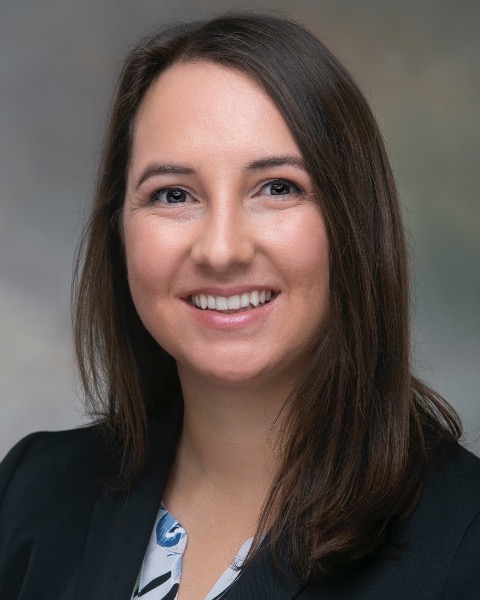Medical Education
Session: Medical Education 4 Works in Progress
WIP 57 - Using Quality Improvement Methodology to Assess the Effect of a Longitudinal Curriculum on Pediatric Resident Engagement in Advocacy
Sunday, May 5, 2024
3:30 PM - 6:00 PM ET
Poster Number: WIP 57
Publication Number: WIP 57.2356
Publication Number: WIP 57.2356

Jessica D. Bethel, MD, MPH (she/her/hers)
Resident Physician
University of Wisconsin School of Medicine and Public Health
Madison, Wisconsin, United States
WIP Presenting Author(s)
Background: Advocacy has always been a priority for pediatricians and was an initial driver that led to the creation of the American Academy of Pediatrics. Pediatric residents believe that physicians have a duty to advocate for our patients. In prior surveys of residents, only 60% of residents participated in nonclinical advocacy in the last 6 months. In the same study, residents identified time as the main barrier to involvement.
Objective: With the residency-driven advocacy curriculum change, we aimed to increase the number of residents participating in advocacy by 50% and increase resident confidence in their ability to participate in advocacy efforts during the first academic year.
Design/Methods: Prior to our intervention, a needs assessment survey regarding advocacy education was sent to University of Wisconsin Pediatric residents. 83% of residents surveyed stated they planned to be involved in advocacy in their careers, but only 50% had participated in nonclinical advocacy in the past year. 72% stated that time was the most significant barrier to involvement in advocacy. A first-year Community Pediatrics and Advocacy block and a third-year Ambulatory block curriculum were combined into two intertwined blocks spanning across both years. Content from both blocks was rearranged, and novel additions to curriculum were made with the goal of creating longitudinal themes as well as providing dedicated time for residents to work on advocacy projects. Feedback about current state and future ideas for advocacy curriculum will be obtained and utilized through the same needs assessment every 6 months, with subsequent interventions implemented and studied via PDSA cycles to achieve the two objectives. The first 6 months of the curriculum will be implemented by January of 2024 and the data will be reviewed at that time; results will be analyzed with a P chart. As the curriculum spans all 3 years of residency, we will study short-term outcomes by class, knowing there will be a lag between implementation early in residency and reporting of some outcomes as residents near graduation.
